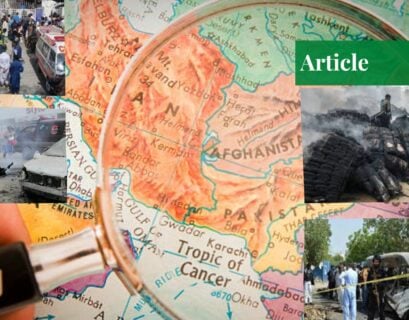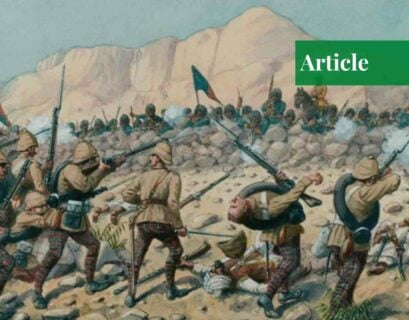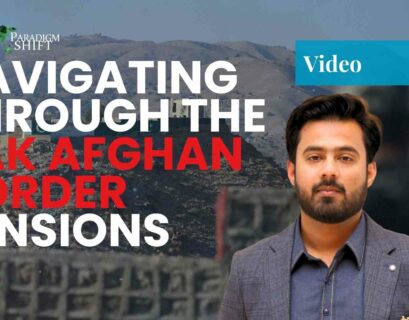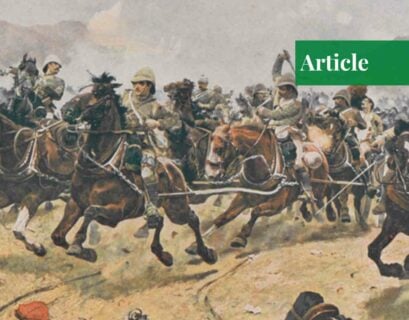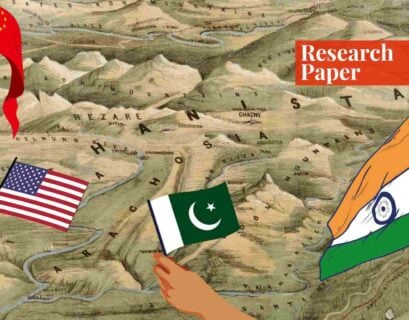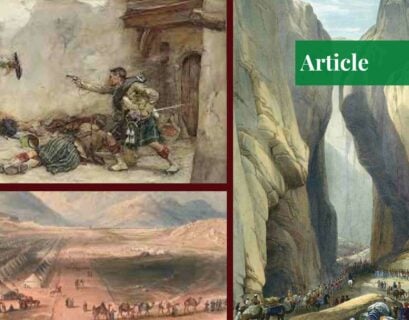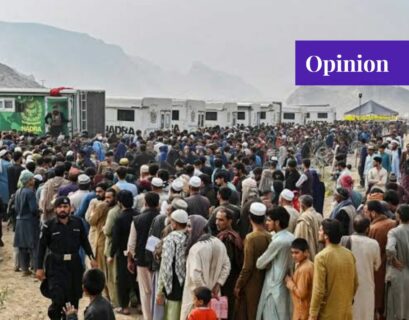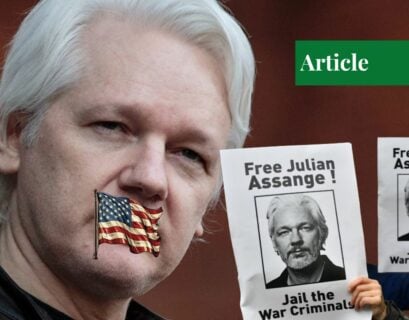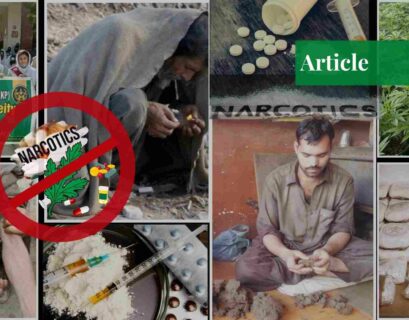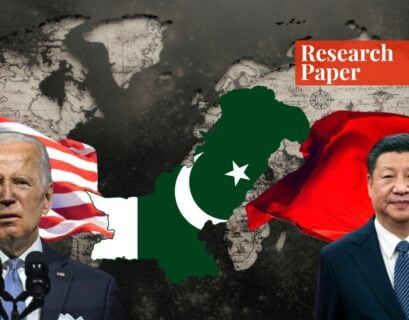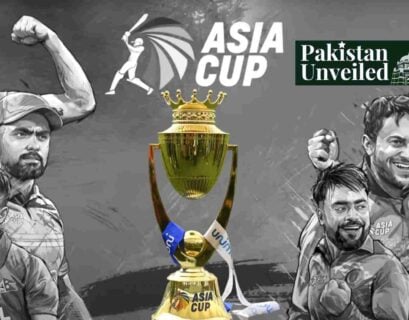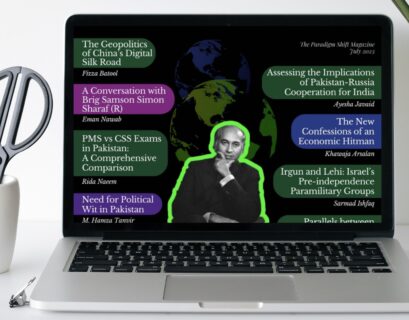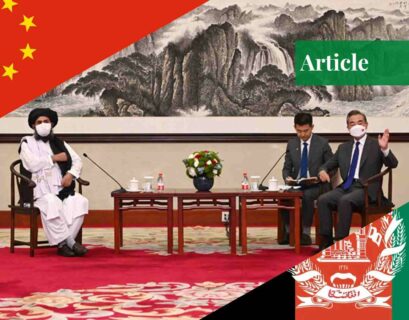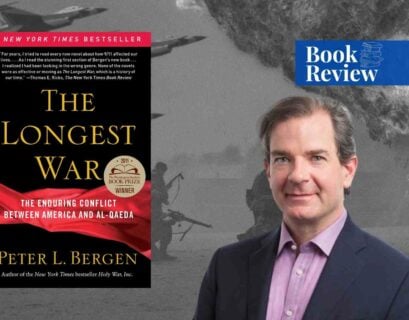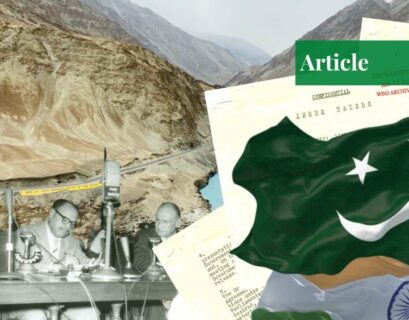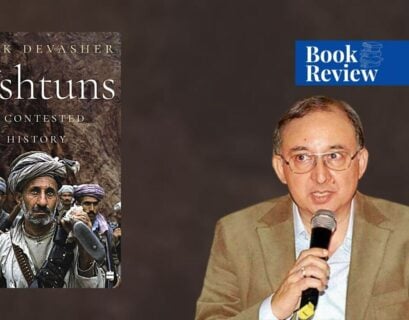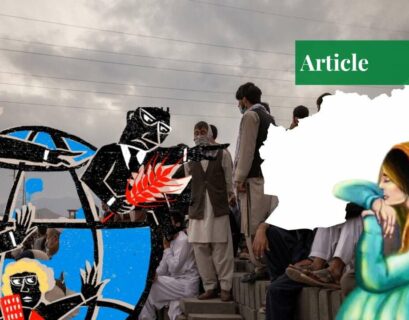Terror Attacks in Pakistan: Role of Afghanistan in Promoting Instability
Since the American withdrawal from Afghanistan in 2021, Pakistan has consistently voiced its concern regarding the neighboring country’s harboring of terrorists. The recent surge in terror attacks in Pakistan, Iran, and Russia has reignited this concern, prompting questions about American interests in fostering instability in the region.
The Third Anglo-Afghan War (1919)
The Third Anglo-Afghan War broke out after Amanullah Khan declared Afghanistan’s independence from Great Britain. Amanullah’s background, motivations for war, geo-strategic aspects, and religious and tribal relationships were significant factors leading to the outbreak of the war.
Amina Iqbal notes that the war resulted in Afghanistan gaining full sovereignty over its national machinery and led to the signing of a peace treaty in 1919.
[Video] Navigating Through the Pak-Afghan Border Tensions
In light of Pakistan’s recent airstrikes within Afghanistan, this video explores the intricate history between Pakistan and the Afghan Taliban, discussing their past alliance and current tensions. Join us as we discuss the broader implications of the current tensions for both states.
A History of the Second Anglo-Afghan War (1878-1880)
The Second Anglo-Afghan War, spanning from 1878 to 1880, saw the British Empire vying for control over Afghanistan amid the Great Game rivalry with Russia.
The war and the subsequent Treaty of Gandamak highlighted the challenges of imposing imperial control in Afghanistan’s rugged terrain and fierce resistance, ultimately leading to strained Anglo-Afghan relations.
The New Great Game: A Pakistani Perspective
Lt Gen Tariq Khan provides an in-depth account of the historical rivalry known as the “Great Game” that took place between the British and Russian empires in the subcontinent during the 19th century.
In his paper, he explains that the withdrawal of the US from Afghanistan created a power vacuum, which set the stage for a “New Great Game” in the South Asian region.
This region is of immense importance due to its geo-strategic location which is central to China, Central Asian republics, Iran, and Pakistan.
The First Anglo-Afghan War (1839-1842)
Laiba Umer Malik offers a brief history of the First Anglo-Afghan War (1838-1842). This Afghan war, fought in the midst of the Great Game, set the stage for future foreign interventions in Afghanistan. It marked the start of centuries of torment for the people of modern-day Afghanistan.
Crackdown on Illegal Afghan Immigrants: What Lies Ahead for Pakistan
Recently, Pakistan launched an aggressive crackdown against undocumented Afghan immigrants living within its borders.
This move by its government could have serious ramifications both for individual refugees and regional dynamics – in an era when relations between Pakistan, Afghanistan, and global communities continue to evolve rapidly.
The Case of Julian Assange: Unveiling the Hypocrisy & Crimes of the US
Julian Assange, an Australian journalist and co-founder of WikiLeaks, has published confidential US military records exposing evidence of war crimes and human rights abuses in Iraq and Afghanistan. Today, Assange faces legal charges, including allegations of sexual assault and espionage, sparking debates about press freedom and government transparency. On the contrary, the perpetrator of these crimes preaches democracy and freedom while criticizing other states for waging wars.
A Grim Journey: Narcotics in KP
The use of narcotics in Khyber Pakhtunkhwa is a rising issue, specifically the cultivation of opium. A new wave of drugs has also found itself infiltrating the trade market in the form of synthetic drugs (ecstasy pills and methamphetamine).
The influence of Afghanistan and subsequently the new Taliban government alongside the current initiatives and policies of Pakistan have had varying impacts on the rise and fall of these narcotics.
Navigating the Sino-US Rivalry: Pakistan’s Strategic Dilemma
Yashfa Ahsan reflects on Pakistan’s intricate position amid the Sino-US rivalry. The South Asian state’s strategic location demands a multifaceted and balanced approach in its foreign policy and international relations. The author acknowledges the implications of India and the US’s engagement in the Indian Ocean Region for Pakistan’s security and economy. Bearing this in mind, she emphasizes that, with key players like India, Iran, and Afghanistan drawn into this rivalry, Pakistan must establish itself as a reliable economic and strategic partner for the states involved.
Asia Cup 2023
Jointly hosted by both Pakistan and Sri Lanka, Asia Cup 2023 is the 16th edition of the men’s Asia Cup. Played in the One Day International (ODI) format, the matches leave cricket fans glued to their screens. The matches began on 30th August and will conclude with the final on 17th September.
Paradigm Shift’s Magazine: July 2023 Edition
The July 2023 edition of the Paradigm Shift magazine contains 13 handpicked pieces.
These cover the French riots, the geopolitcial significance of China’s digital Silk Road, the micro hyrdopower projects as a solution to Pakistan’s energy crisis, and the comparison of the PMS and CSS exams.
The July edition features two infographics: one featuring the top 10 countries in military spending, and the independence dates of the former Soviet republics.
This edition also has a book review, an op-ed, two PU pieces, and an interview of Brigadier (R) Samson Simon Sharaf.
What Does a Stable Afghanistan Mean for China?
Despite being an underdeveloped country, Afghanistan seems to have gained China’s attention. China desires a stable Afghanistan so that it can safeguard its national and cross-border security.
Moreover, China needs to have stability in its landlocked neighbor so that it can further its economic expansion.
Muhammad Shaheer Mahmood sheds light on the importance of stability in Afghanistan for China and China’s attempts to make sure that it enjoys a stable neighborhood.
The Longest War: The Enduring Conflict Between America and Al Qaeda
Peter Bergen’s “The Longest War: The Enduring Conflict Between America and Al Qaeda” is a look into the conflict between Al Qaeda and the United States.
It details the comprehensive history of the war from both sides as well as the strategies explored by the US government.
The Role of Hydropolitics in Pakistan’s Water Crisis
Ayesha Javaid discusses how Pakistan has been embroiled in politics over water resources since its independence – at both local and international levels.
Pakistan and India initially had disagreements over the Indus Basin, which was finally settled by the Indus Water Treaty in 1960. However, with India now demanding modifications in the 62-year-old treaty, serious water-based conflicts between the two countries are a likely possibility.
Pakistan also faces water troubles within, as provincial governments have failed to reach an agreement over the much-needed construction (& even usage) of dams.
The Pashtuns: A Contested History
“The Pashtuns: A Contested History” is an account of the Pashtun ethnic group, their journey through history, their struggle with foreign invaders, and internal conflicts.
Tilak Devasher highlights Pakistan’s role in the rise of the Taliban and in their endurance, especially during the American invasion in the post-9/11 era.
The Plight of Afghan Women Under the Taliban
With Afghanistan having already become the victim of immense sanctions imposed upon it by the West, the Taliban’s recent ban on women’s education will only continue to disrupt the lives of the people of Afghanistan. Myra Imran Rafiq recommends intervention and engagement by international actors to minimize the cost of human suffering.
